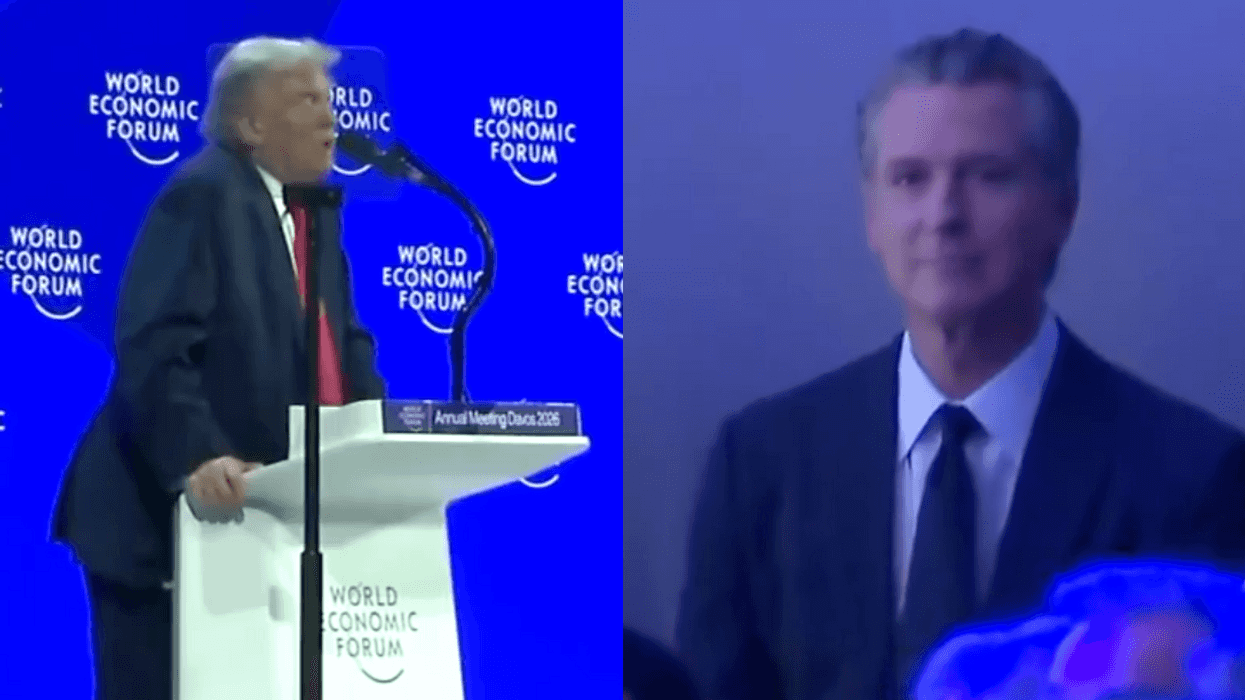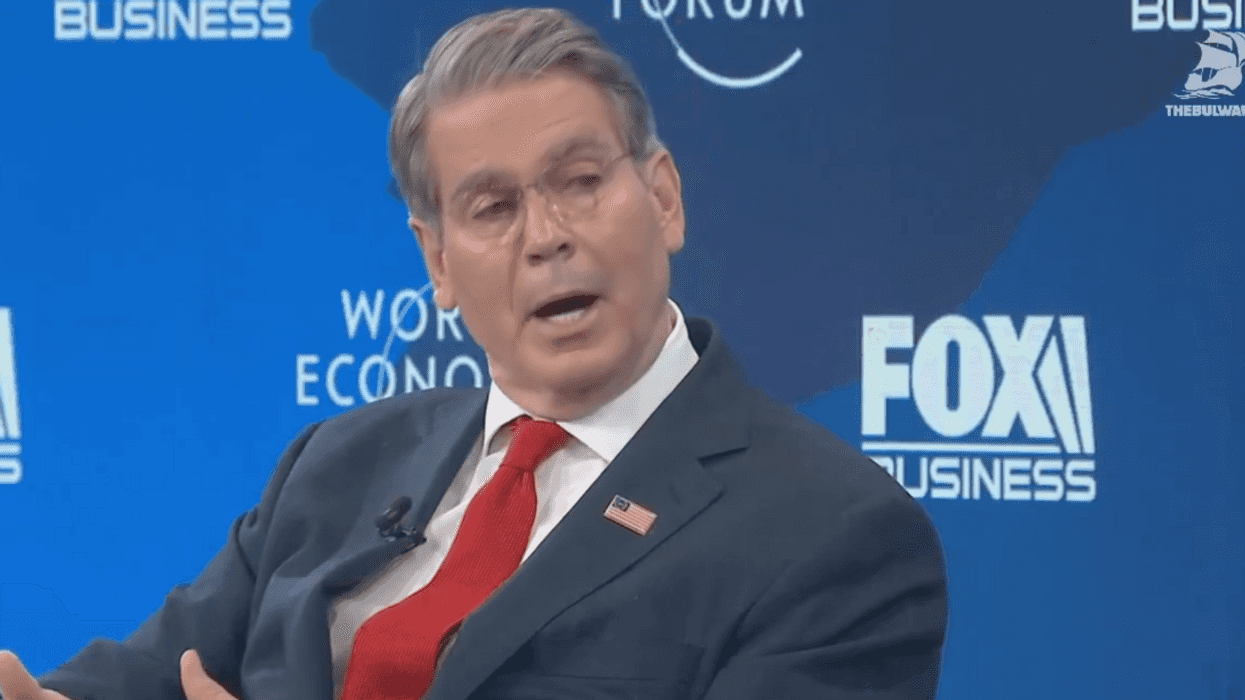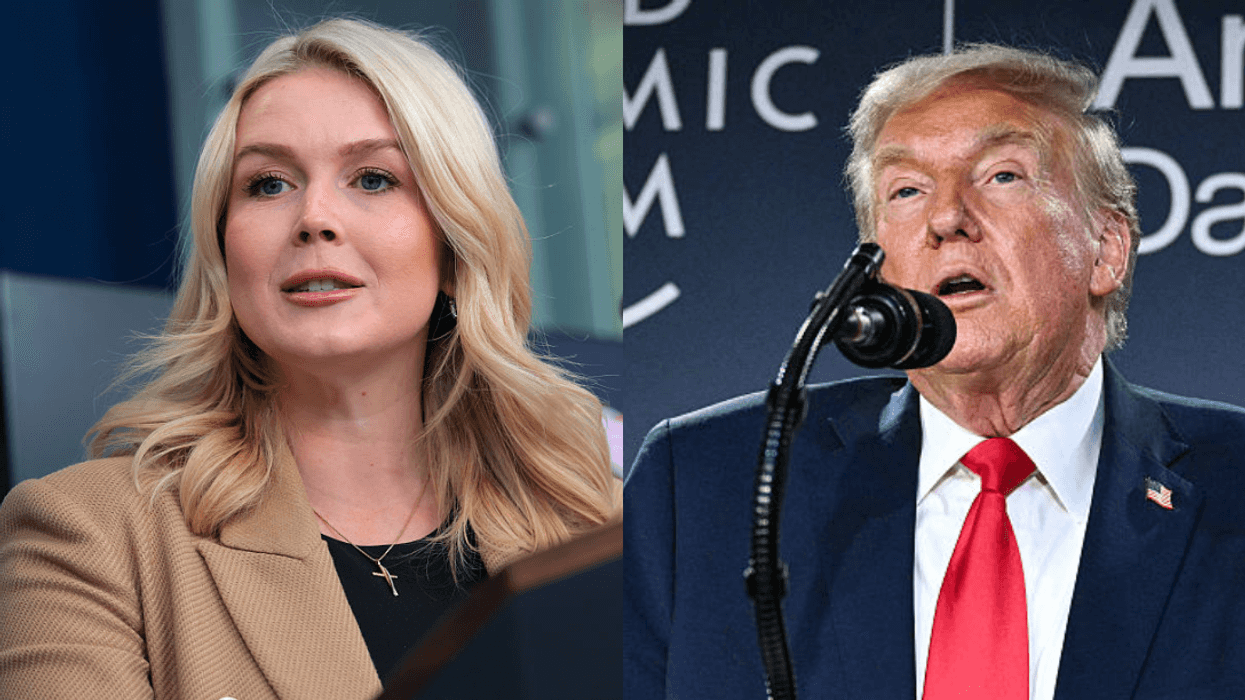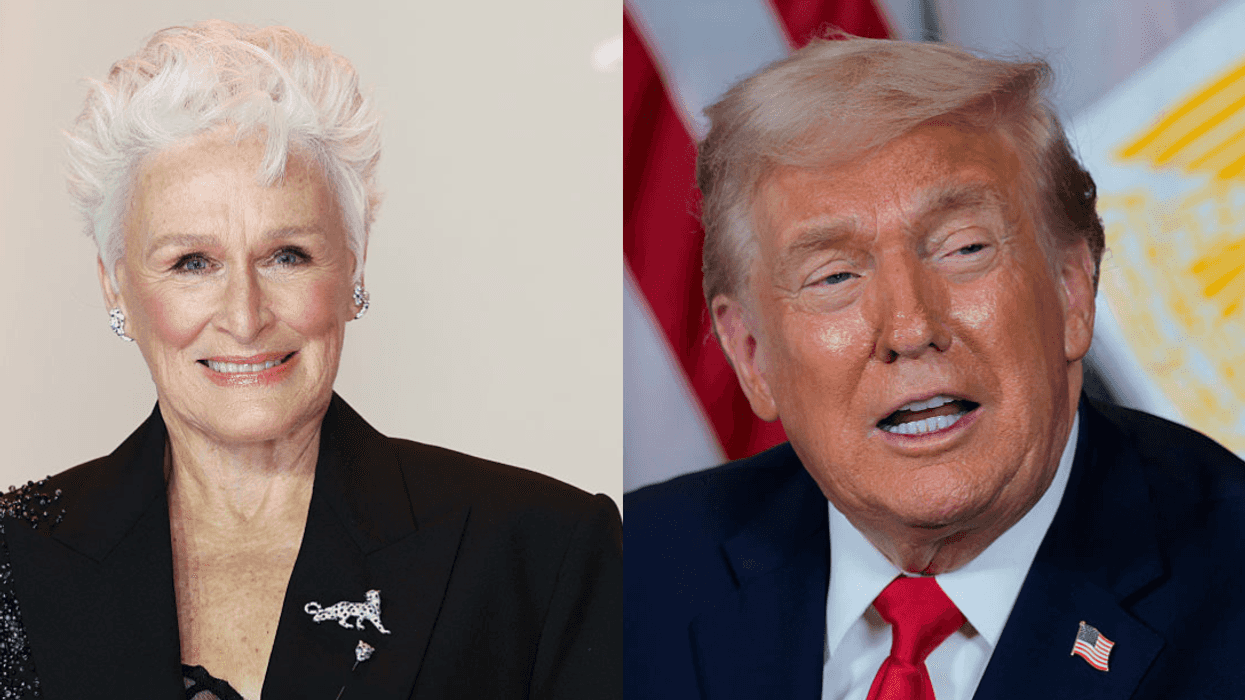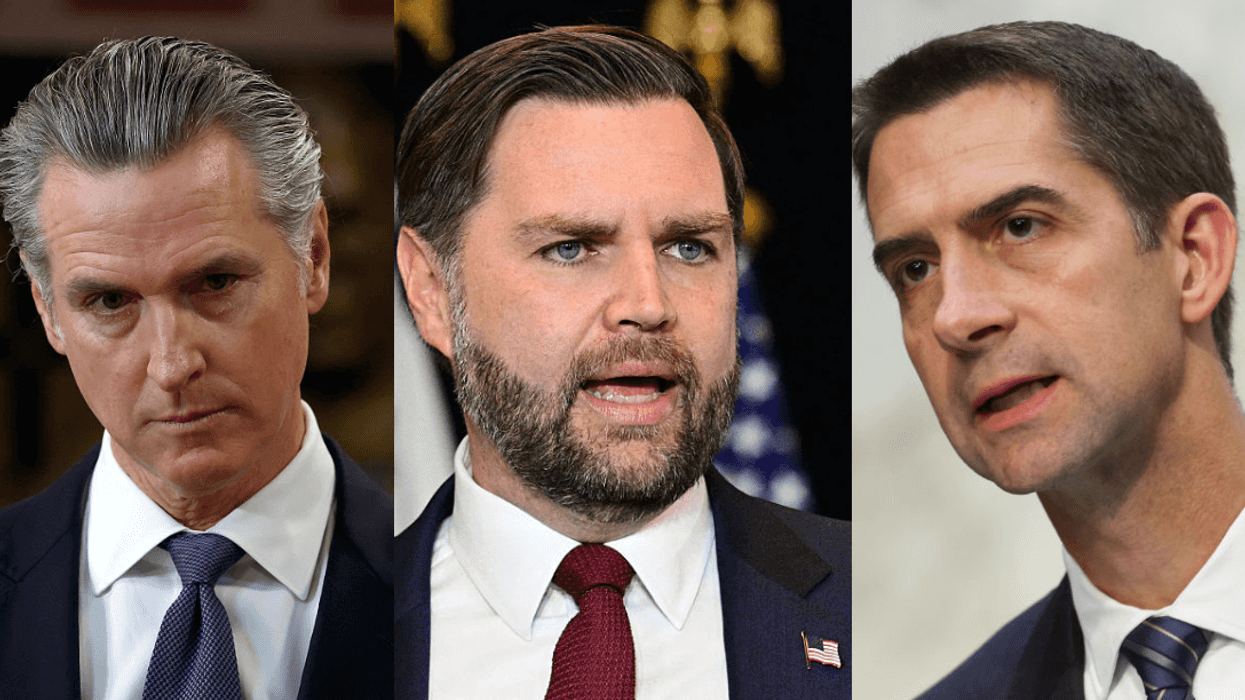A BBC reporter is getting a lot of unanticipated attention for his name after he covered an aggressively apropos news story about a petrol shortage in the UK.
Phil McCann, the reporter, stressed that the fuel shortage was because of the shortage of drivers to distribute petrol to the proper locations, not because of a shortage of petrol itself.
However, the finer details were lost on some folks across the internet due to Phil McCann being a homophone for "Fill My Can."
If ever there was a roving reporter that could cover a fuel shortage\u2026pic.twitter.com/cMukaZfnON— Graeme (@Graeme) 1632553218
The correspondent the BBC sent to cover the petrol shortage this morning is called Phil McCannpic.twitter.com/t64piutcg6— Talia Shadwell (@Talia Shadwell) 1632554180
Who did it best? Rob Banks or Phil McCann?\n#PetrolShortages #panicbuyingpic.twitter.com/tD4rDYETrp— Paul Benson (@Paul Benson) 1632556139
It\u2019s like being back in year 9! #nominativedeterminismhttps://twitter.com/redleaderwright/status/1441658802974052353\u00a0\u2026— Phil McCann (@Phil McCann) 1632555125
Phil McCann isn't the only BBC reporting person with an unfortunately appropriate name in the history of the network.
An Avon & Somerset police officer named "Rob Banks" made headlines after several people noted the unfortunate homograph of his name, and questioned his future as a police officer.
Sure everyone is losing it over Phil McCann reporting from the petrol station in the UK. But it pales in comparison to the best reporter placement in historypic.twitter.com/tSSspfMrUO— Andrew Brown (@Andrew Brown) 1632636088
One of my best mates, Phil McCann, is the No. 1 trend in the UK this morning. \n\nI\u2019ve been laughing about his name since 2003. What a morning!pic.twitter.com/Q3aZQPzeBh— Adam Widdrington (@Adam Widdrington) 1632557575
Well played @BBCBreakfast Sending Phil McCann to cover the petrol panic buying. Genius level choice of reporter!pic.twitter.com/5NskpDq6k3— Dr Amanda Dolan (@Dr Amanda Dolan) 1632553986
I know there is a lot going on this weekend but Phil McCann covering the fuel story on #BBCBreakfast is going to take some beating. I\u2019m sure I interviewed a copper once called PC Rob Banks #Legendarypic.twitter.com/Ry7u9lZzLc— Dan Walker (@Dan Walker) 1632571978
PHIL MCCANN! On a fuel shortage story.\n@TheSimpsons couldn\u2019t have written anything funnier than that. Well played #BBCBreakfastpic.twitter.com/mizupJViEG— Sara Thornton (@Sara Thornton) 1632556460
McCann was pleasantly surprised to find his name trending on Twitter, saying that "there [were] worse reasons" to do so.
He laughed along with the rest of Twitter, saying he felt like he was back in year nine and that he, too, was a victim of "Nominative determinism."
Nominative determinism is the hypothesis that people tend to work in areas of work that reflect their names. This idea was first put into the collective unconscious in 1994 by New Scientist, and visual evidence continues to show up to suggest nominative determinism isn't completely bonkers.
This chap was advocating fewer Covid restrictions in clubs recently #NominativeDeterminismpic.twitter.com/lDSN9SXsBc— Scrubs Upwell (@Scrubs Upwell) 1632611651
My geography teacher was Miss Map before she got married - & my sadistic PE teacher Miss Fear #NominativeDeterminismhttps://twitter.com/blissfulfiction/status/1441693109939851265\u00a0\u2026— Jennifer Ingleheart (@Jennifer Ingleheart) 1632593774
My golf teacher\u2019s surname is Irons. This pleases me.— Elizabeth Ammon (@Elizabeth Ammon) 1632743615
We've noticed so many of these names over the years, Jonah Fisher following Greenpeace and reporting on Whaling, Sara Blizzard doing the weather. I also had a bookkeeping teacher call Mr Cashman...https://twitter.com/DrMattDavies1/status/1442456547314044931\u00a0\u2026— Dr Susan O'Shea (@Dr Susan O'Shea) 1632747961
I grew up with a wonderful, kind dentist whose name was Dr. Fang. #NominativeDeterminism— Mike Walsh (@Mike Walsh) 1632781212
McCann, however, said his name was not appropriate--at least, not in terms of how he, himself, would act in the fuel shortage.
"I would never fill a can in the back of my car with petrol, as apparently some people have been doing. That's not the kind of thing I would do. Panic buying very much discouraged, but of course it hasn't made a difference to places like this."
BBC correspondents, as well as British lawmakers, remain frustrated with the public as panic-buying has caused a visible petrol shortage, rather than what the government said would have been largely "invisible at the point of sale." The panic buying has not shown any signs of relenting.

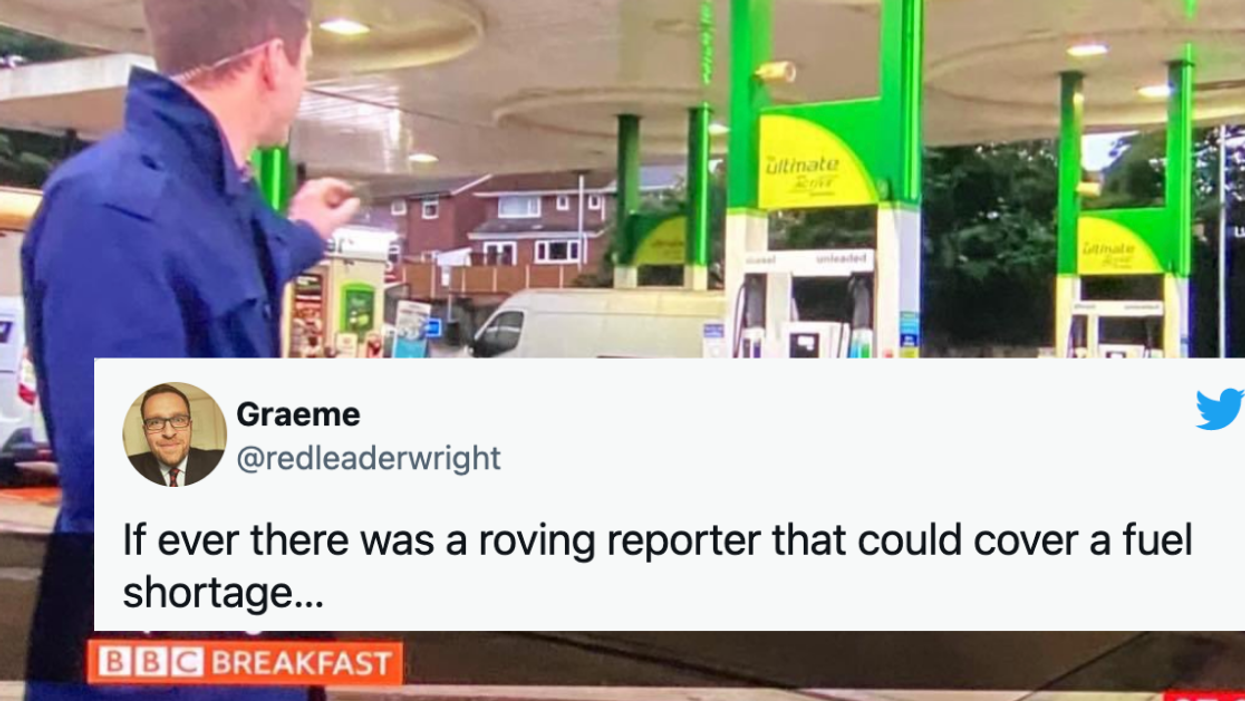


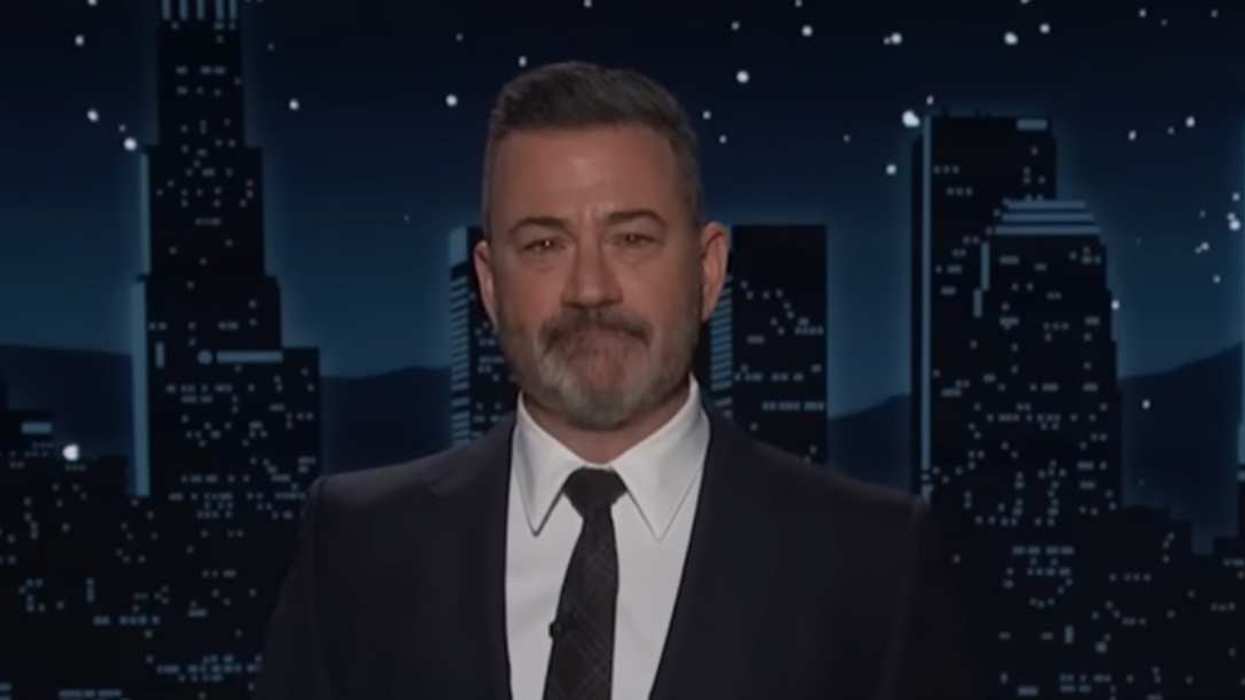



 @complexpop/Instagram
@complexpop/Instagram  @complexpop/Instagram
@complexpop/Instagram @complexpop/Instagram
@complexpop/Instagram @complexpop/Instagram
@complexpop/Instagram @complexpop/Instagram
@complexpop/Instagram @complexpop/Instagram
@complexpop/Instagram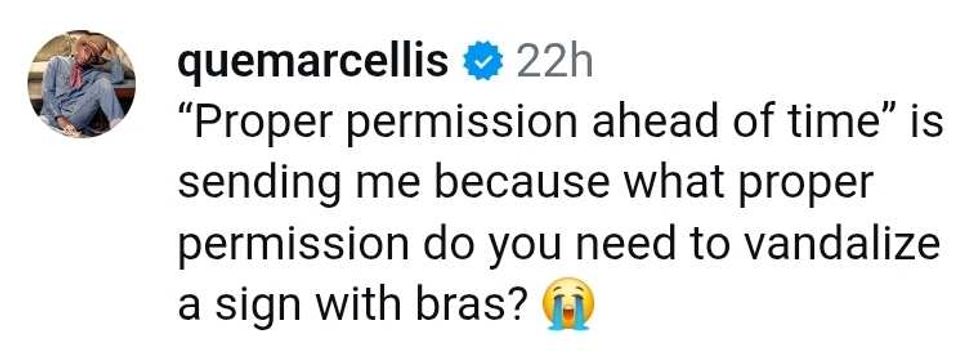 @complexpop/Instagram
@complexpop/Instagram r/Fauxmoi/Reddit
r/Fauxmoi/Reddit r/Fauxmoi/Reddit
r/Fauxmoi/Reddit r/Fauxmoi/Reddit
r/Fauxmoi/Reddit r/Fauxmoi/Reddit
r/Fauxmoi/Reddit r/Fauxmoi/Reddit
r/Fauxmoi/Reddit r/Fauxmoi/Reddit
r/Fauxmoi/Reddit r/Fauxmoi/Reddit
r/Fauxmoi/Reddit r/Fauxmoi/Reddit
r/Fauxmoi/Reddit r/Fauxmoi/Reddit
r/Fauxmoi/Reddit r/Fauxmoi/Reddit
r/Fauxmoi/Reddit r/Fauxmoi/Reddit
r/Fauxmoi/Reddit r/Fauxmoi/Reddit
r/Fauxmoi/Reddit r/Fauxmoi/Reddit
r/Fauxmoi/Reddit r/Fauxmoi/Reddit
r/Fauxmoi/Reddit r/Fauxmoi/Reddit
r/Fauxmoi/Reddit r/Fauxmoi/Reddit
r/Fauxmoi/Reddit r/Fauxmoi/Reddit
r/Fauxmoi/Reddit r/Fauxmoi/Reddit
r/Fauxmoi/Reddit r/Fauxmoi/Reddit
r/Fauxmoi/Reddit r/Fauxmoi/Reddit
r/Fauxmoi/Reddit r/Fauxmoi/Reddit
r/Fauxmoi/Reddit r/Fauxmoi/Reddit
r/Fauxmoi/Reddit r/Fauxmoi/Reddit
r/Fauxmoi/Reddit r/Fauxmoi/Reddit
r/Fauxmoi/Reddit r/Fauxmoi/Reddit
r/Fauxmoi/Reddit
